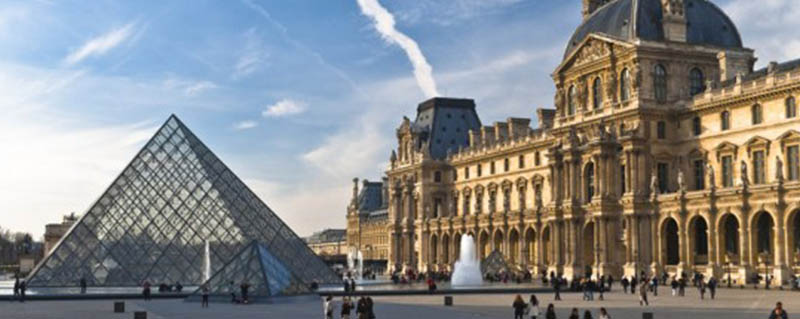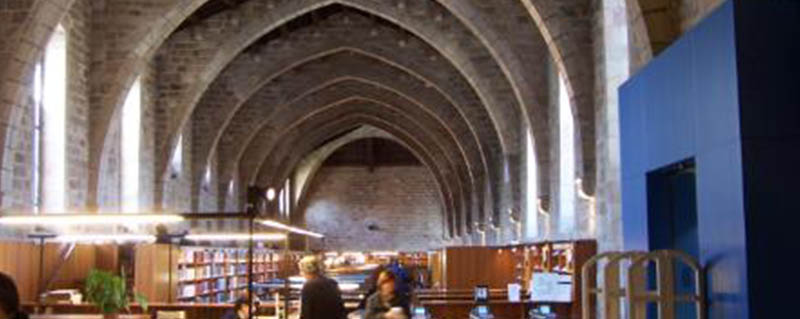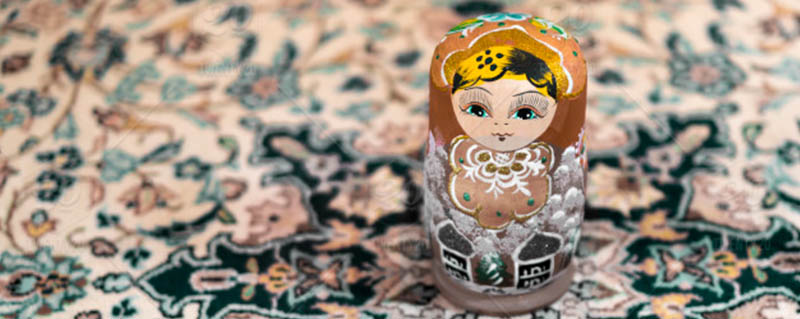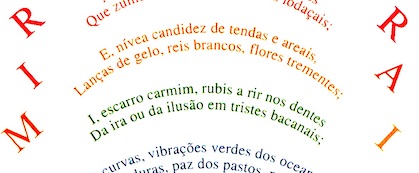PhDs in Modern Languages and Cultures
The Department of Modern Languages and Cultures conducts research in literary, visual and cultural history from the Middle Ages to the present as well as digital media and cultures in global contexts. We collaborate closely with the Department of Comparative Literature and its members as we share many research interests with them.
We are especially interested in aesthetic paradigms, the study of the emotions, the connections between literature and science and the history of ideas more generally, gender and sexuality, as well as sociolinguistics, language policy and language ideology. We welcome PhD applications across all of these areas. Please note the Departments interests are very broad and if you have a project in an area not mentioned please get in touch and discuss with us.
Special Research Centres and Supervision Strengths
MLC hosts or contributes to a number of flourishing Research Centres:
- Centre for Anglo-German Cultural Relations (directed by Rüdiger Görner), which also runs the ‘Writers-in-Residence’ programme
- Centre for Catalan Studies (directed by John London)
- Centre for Renaissance and Early Modern Studies (co-directed by Rosa Vidal Doval)
- Centre for the History of Emotions (co-directed by Elena Carrera)
- Centre for Poetry
Seminar series:
- Iberian and Latin American Research Seminar
- Medieval Hispanic Research Seminar
- BASF Lecture Series on Anglo-German Matters
- Anglo-German Research Colloquium
- Queen Mary Catalan Seminars (Centre for Catalan Studies)
- Translation, Transmission and Cultural Transfer, jointly organised with the Department of Comparative Literature
- Visual & Material Forum, jointly organized with the School of History
Major yearly lectures:
- The Angermion Annual Lecture (German)
- The BASF Lecture Series (German)
- The Camões Annual Lecture (Hispanic Studies)
- The Catalan Annual Lecture (Hispanic Studies)
- The Kate Elder Lecture (Hispanic Studies)
- The Malcolm Bowie Lecture, held alternately at the Institute of Modern Languages Research (French)
Publications
- Hispanic Research Journal
- Garnett Press
- Angermion
In addition to high-quality supervision in French, German, Russian, Hispanic Studies (Catalan, Portuguese and Spanish), Visual Cultures and Translation, the Department of Modern Languages and Cultures has particular supervision strengths in the following areas:
- Cultural Memory/ Cultural Memory and Censorship: Adrian Armstrong, Jeremy Hicks, Else Vieira
- Cultural Transfer: Astrid Köhler, Robert Gillett, Rüdiger Görner, John London, Emilie Oléron Evans
- Performance: John London, Robert Gillett
- Poetry and Poetics: Adrian Armstrong, Robert Gillett, Rüdiger Görner
- 20th/21st Century Literature: , Astrid Köhler, Robert Gillett
- Gender and/or Queer Studies: Robert Gillett, Else Vieira, Xumeng Xie
- History of Thought: , Rüdiger Görner, Angus Nicholls
- Migration: Parvati Nair, Else Vieira
- Linguistics: Falco Pfalzgraf, Luisa Martí, Leigh Oakes
- Digital Media and Cultures: Cristina Moreno Almeida, Xumeng Xie
Application Procedure
Please check the following sections as you begin working on your application:
Contacts
- QMUL’s Research Admission Team: https://www.qmul.ac.uk/postgraduate/research/contact/
- Postgraduate Research Lead in Modern Languages and Cultures: e.carrera@qmul.ac.uk





